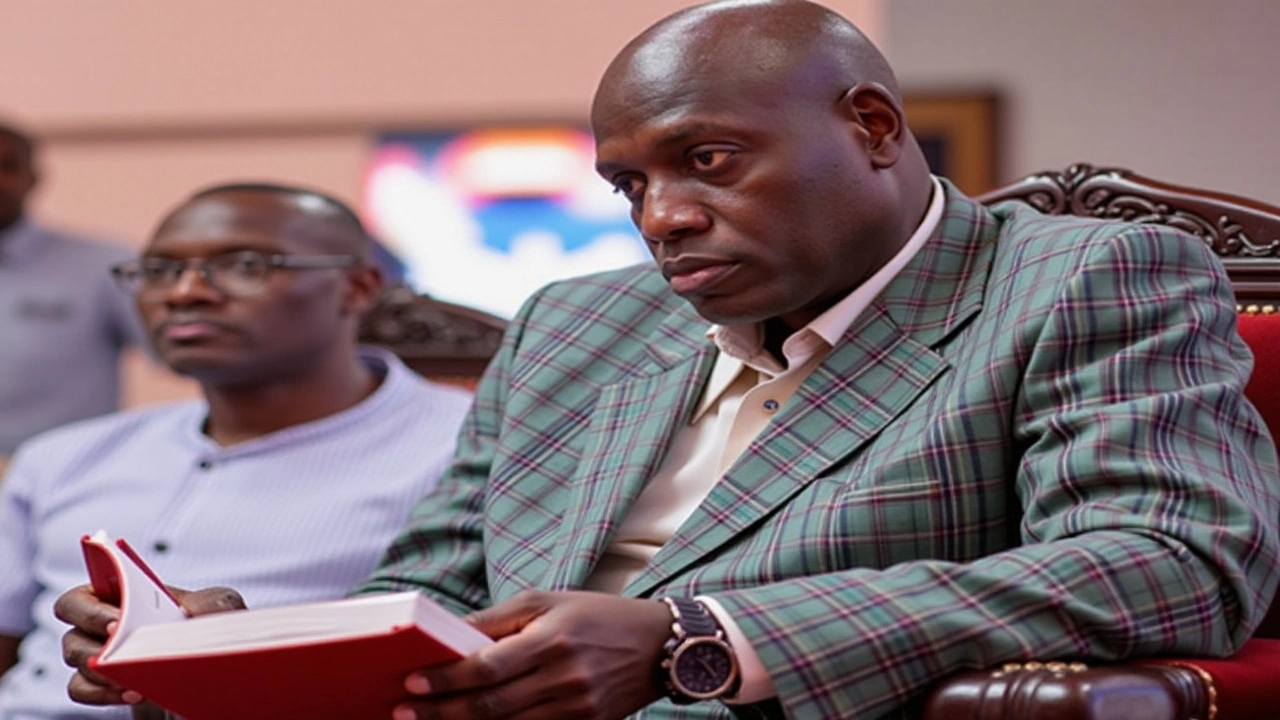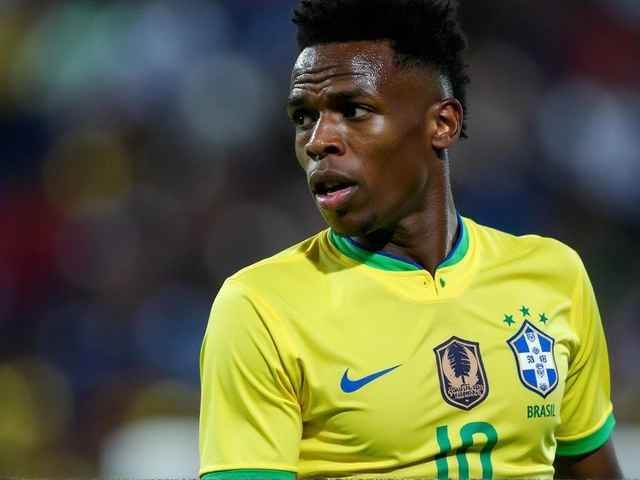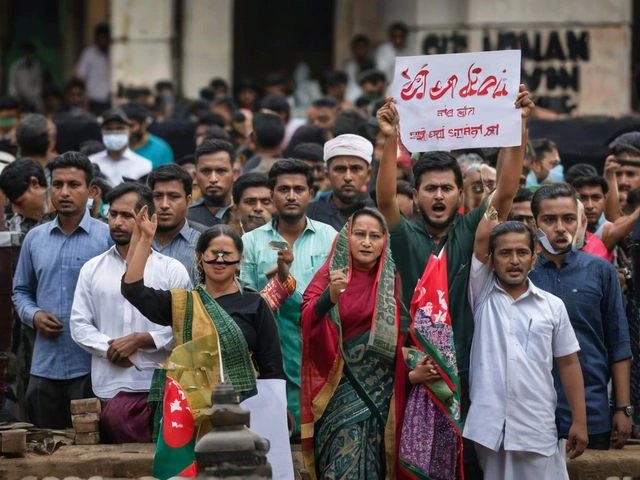
Gachagua Faces Political Storm as Senator Mungatana Initiates Censure Motion
Tana River Senator Danson Mungatana has launched a significant offensive against Deputy President Rigathi Gachagua, bringing a censure motion forward. This motion, anchored on accusations of marginalizing minority groups and making inciteful remarks, has been submitted to Senate Speaker Amason Kingi. Though it lacks the legal force to unseat Gachagua, it carries the potential to tarnish his reputation and diminish his political influence.
Gachagua, a prominent figure within the ruling United Democratic Alliance (UDA), is now under scrutiny as the motion gathers interest. Mungatana, also a UDA member, underscores that Gachagua's actions violate the national values and governance principles enshrined in the Constitution, asserting that such behavior demeans the high office of the Deputy President.
One of the pivotal elements leading to Gachagua's current predicament can be traced to his calls for unity within the Mt. Kenya region. Instead of consolidating support, these efforts have backfired in some quarters. Several leaders have distanced themselves from him, throwing their weight behind Interior Cabinet Secretary Kithure Kindiki instead. This fragmentation within the leadership circle has left Gachagua vulnerable to political assault.
Political Repercussions
The introduction of this censure motion by Senator Mungatana is expected to ignite fervent debates among Members of Parliament. There have been whispers of support for Gachagua's impeachment within the legislative corridors, and this motion might bring those hushed voices to the forefront. Political tension is likely to rise nationwide as different factions consider their positions on the matter.
While the motion itself does not possess the power to remove Gachagua from office, its symbolic weight cannot be underestimated. If the motion gains traction and passes, it would embolden calls for Gachagua's impeachment, potentially jeopardizing his political career. This scenario is particularly perilous given President William Ruto's tight grip over both Houses of Parliament.
Public Reaction
In response to these developments, Gachagua has resolved not to capitulate. He has taken his grievances to the public arena, seeking to rally support from the electorate. Through various public engagements, Gachagua is attempting to align the masses to his cause, portraying the censure motion as a political witch-hunt aimed at silencing his advocacy for unity in the Mt. Kenya region.
The public's reaction to these events remains critical. Gachagua’s call for support could either reinforce his standing or expose further divisions. The political dynamics at play are complex, with various stakeholders weighing their next moves. Leaders and constituents alike are watching closely, aware that the outcome could set a poignant precedent for political accountability in the country.
As Gachagua fights to retain his political stature, it's clear that the coming days will be pivotal. The censure motion has opened up Pandora's box of political strife, with both immediate and long-term ramifications. The trajectory of this political saga could reshape the landscape of Kenyan politics, making it a story that will capture the nation's attention in the ensuing days.
Potential Outcomes and Impact
If the censure motion proceeds and gains legislative support, it will become a decisive factor in Gachagua's political fate. Supporters of Mungatana’s motion argue that holding Gachagua accountable is essential for maintaining the integrity of the office of the Deputy President. On the other hand, Gachagua's allies deem the motion a diversion from policies and progress, a politically motivated attack rather than a genuine concern for minority rights and Constitutional adherence.
The political theater surrounding this scenario offers a dramatic illustration of the complexities within Kenya’s power structures. President William Ruto, who commands significant influence over both the National Assembly and the Senate, will inevitably play a crucial role in how these events unfold. His backing or lack thereof will weigh heavily on the outcome.
Political Tension is not merely an internal matter within the ruling party; it has the potential to affect broader national agendas. Gachagua’s marginalization accusations reflect underlying tensions regarding representation and equity, issues that resonate with many Kenyans. The way this matter is handled could either resolve some of these tensions or further enflame them.
National Debate
Amid the political maneuvers, what ought not to be forgotten is the national conversation that this motion should provoke. As MPs deliberate and the electorate watches, key questions about governance, representation, and accountability come to the fore. What are the acceptable limits of political rhetoric? How should minority voices be protected? What mechanisms exist within political institutions to check abuse of power?
For many, the drama unfolds like a political chess game, each move scrutinized and speculated upon. Stakeholders from all sides, including civil society and international observers, will be paying close attention to how Kenya navigates this high-stakes situation. This fallout could also serve as a learning moment for political actors across the African continent.
As this saga continues, Gachagua's ability to navigate the challenges thrown at him will be an indicator of his political acumen. His response, the public's reception, and the legislative proceedings will collectively plot the course not just for his fate but possibly for the tone of political accountability in Kenya's future.
Conclusion
Senator Mungatana's censure motion against Deputy President Rigathi Gachagua is more than just a political maneuver; it's a flashpoint for broader discussions about governance, representation, and accountability in Kenya. As the nation watches, the unfolding events have the potential to reshape the political landscape, influencing not only Gachagua's career but the political ethos of the country itself. Whether seen as a bold step towards holding leaders accountable or a politically charged move, the coming days will reveal much about the strength and direction of Kenyan democracy.





